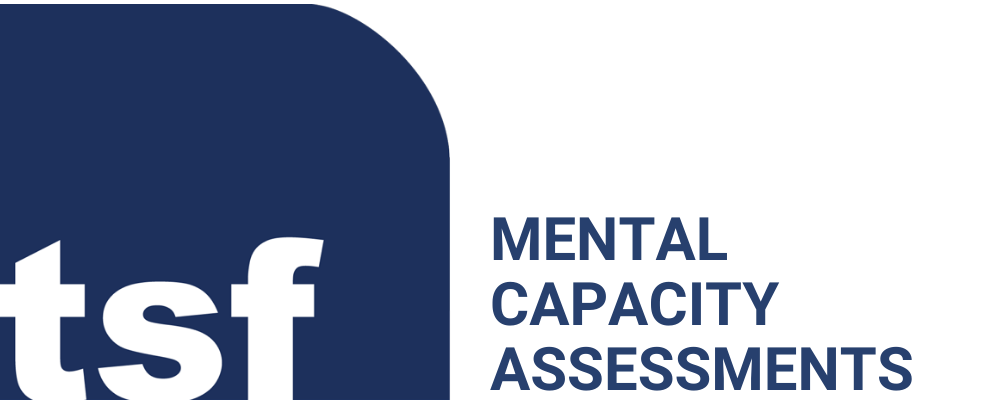Undergoing a mental capacity assessment can be a daunting process for individuals and their families. However, with the right preparation, the process can be smoother and more straightforward. This blog post offers a step-by-step guide on how to prepare for a mental capacity assessment, what to expect, and how you can help support your loved one through it.
What is a Mental Capacity Assessment?
A mental capacity assessment is a process used to evaluate whether an individual can make a particular decision at a specific time. It involves examining the person’s ability to understand, retain, weigh up, and communicate information related to the decision. These assessments are often needed in legal, financial, or medical contexts, particularly when a person’s ability to make decisions is in question due to conditions like dementia, brain injury, stroke, mental ill health, or learning disabilities.
Step 1: Understand the Purpose of the Assessment
Before anything else, it’s important to understand why the assessment is taking place. Mental capacity assessments are decision-specific, meaning they focus on the individual’s ability to make a particular decision, such as managing their finances or consenting to medical treatment. Identifying the decision at hand helps to clarify what information is then needed in order to make the decision, what the assessment will involve and what areas of understanding the assessor will focus on.
Step 2: Gather Relevant Information
The person undergoing the assessment and the assessor should both have access to all the information relevant to the decision that the person needs to make. For example, if the assessment concerns a financial decision, ensure they have all necessary documents such as bank statements.
It is also helpful to gather medical records or previous assessments that could provide the assessor with a fuller picture of the individual’s condition. Providing a clear and honest account of the person’s circumstances can assist the assessor in making a well-rounded evaluation.
Step 3: Create a Calm and Supportive Environment
The environment in which the assessment takes place can significantly affect the outcome. Choose a quiet, comfortable location where the person feels at ease. Ensure that there are minimal distractions and allow the person time to process the questions and respond in their own time. The person may feel anxious, so it’s important to reassure them and provide emotional support before and during the assessment.
Step 4: Communicate Clearly and Respectfully
If you are assisting someone during a mental capacity assessment, make sure they understand what is being asked of them and encourage them to take their time when answering questions. The assessor will be looking to see if the person can understand and weigh up the information, so avoid answering on their behalf unless it’s absolutely necessary.
It’s also important to avoid pressuring the person or influencing their answers. The assessment must reflect their true understanding and decision-making ability, so providing gentle support without interference is key.
Step 5: Plan for Next Steps
Once the assessment is complete, the assessor will share their findings with you and the individual concerned, either on the day or as part of their written assessment. If the person is found to lack capacity for the specific decision, the assessor will explain the implications and what steps need to be taken next. This may involve setting up a Lasting Power of Attorney or making decisions through the Court of Protection.
If the person has capacity, they can proceed with making the decision independently. Either way, it’s important to be informed about the outcome and any necessary follow-up actions.
Preparing for a mental capacity assessment involves understanding the process, gathering relevant information, creating a supportive environment, and offering respectful assistance. Whether you are helping a loved one or preparing for your own assessment, taking these steps can ensure that the process runs smoothly and that everyone involved feels more confident and prepared. At TSF Assessments, we provide professional guidance and support to help individuals and families navigate this important process with care and clarity.
